Companies that are greenwashing exploit eco-friendly marketing to sell products when, in reality, they are not sustainable. Here is how to spot the scammers and avoid becoming a victim of greenwashing.
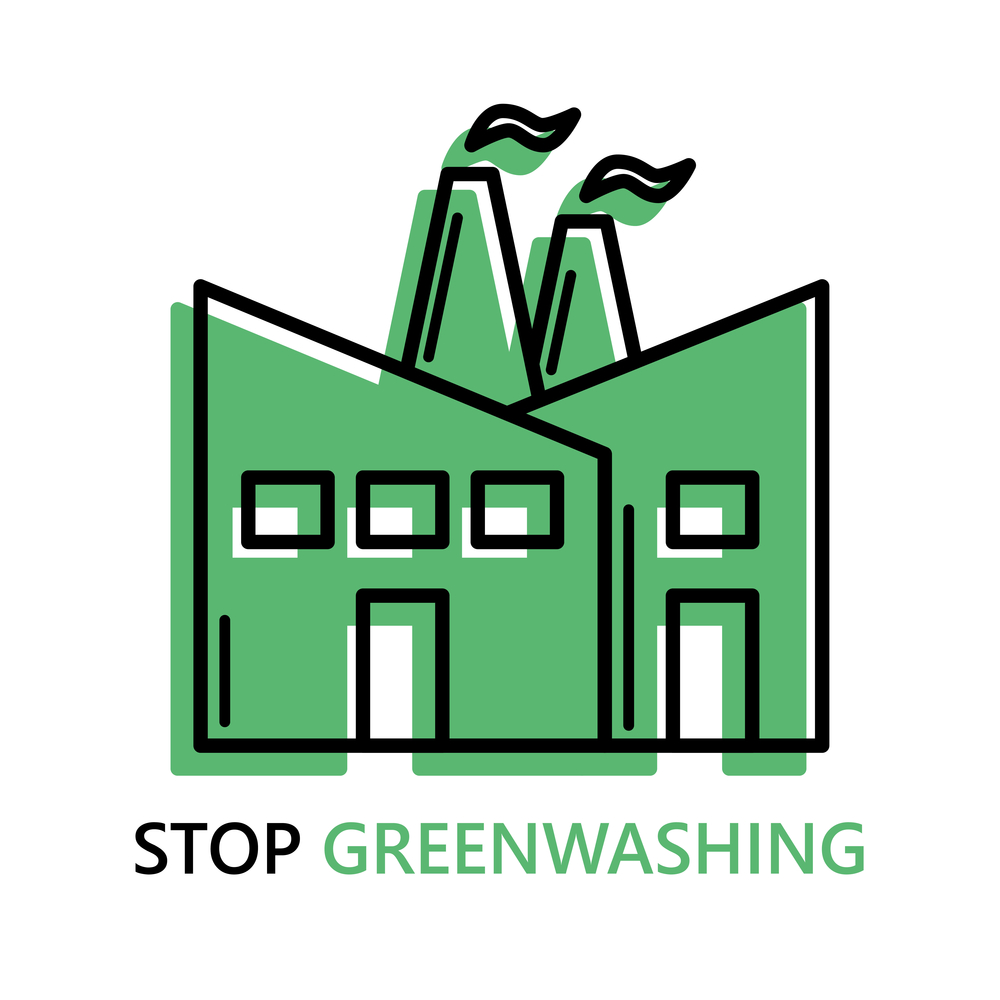
This post may contain affiliate links, which means I can receive a commission from any purchase made from the links. I earn from purchases from Amazon links. See the disclosure policy here.
Greenwashing has become increasingly common in recent years, even among companies otherwise making significant strides toward more sustainable business practices. To avoid being taken in by this deceitful trend, it’s crucial to spot greenwashing in all its forms and understand how it works. This article looks at greenwashing, what can make it difficult to recognize, and tips for avoiding it.
This post is all about companies that are greenwashing and how to avoid it.
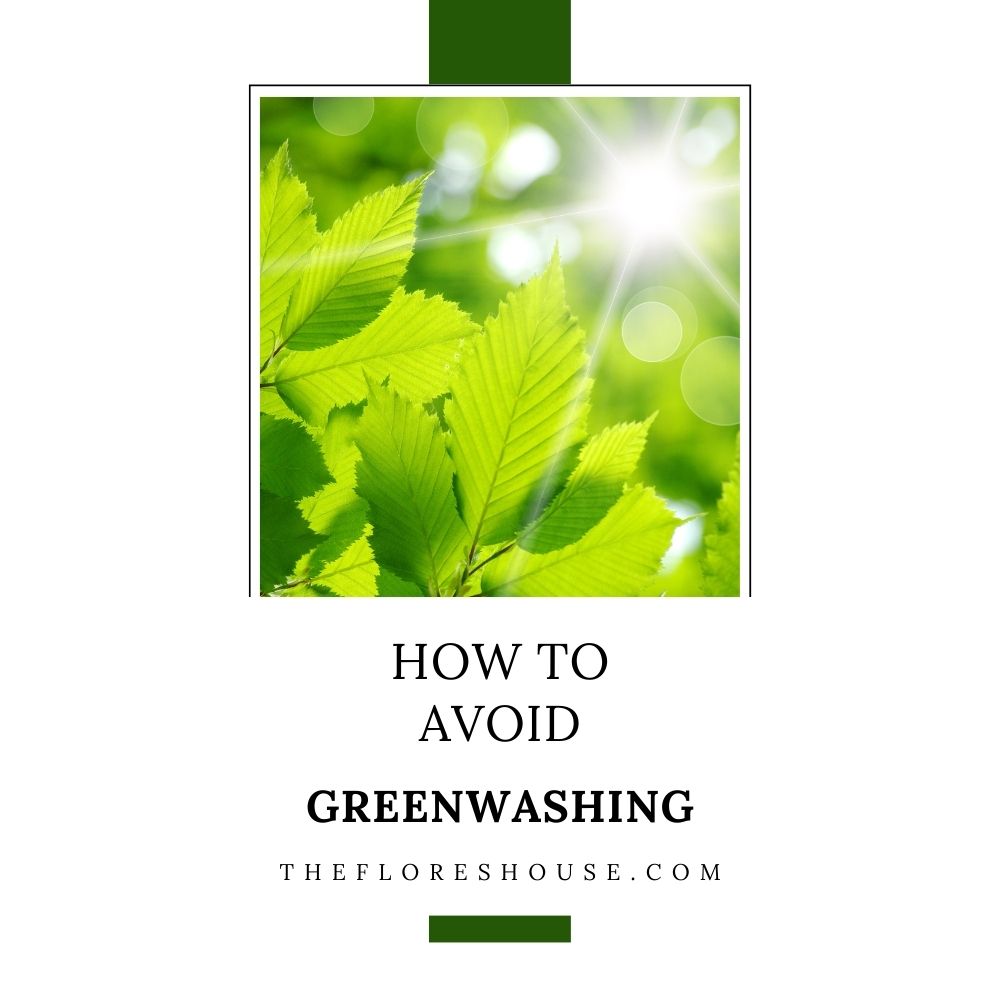
Navigating the Murky Waters of Corporate Sustainability: Unveiling Companies That Are Greenwashing
In today’s eco-conscious market, a company’s green image is invaluable. However, with the rise of environmental awareness comes the proliferation of greenwashing—where firms project a misleading facade of environmental responsibility. This blog highlights the worst examples of greenwashing, highlighting how certain companies’ eco-friendly claims are not always rooted in reality.
Starbucks, for instance, has faced accusations of greenwashing despite its image as a sustainable brand. While pledging to reduce waste and increase recycling, investigations suggest that the reality behind the scenes doesn’t always match the company’s green promises, making it a case study in the complexities of green corporate practices.
Greenwashing cases extend across industries, where firms make grandiose environmental claims that are either exaggerated or outright fabricated. This deceitful practice not only misleads consumers but also undermines the efforts of genuinely sustainable companies, creating an uneven playing field.
Why is Greenwashing Bad?
Why is greenwashing bad? It dilutes consumer trust, hinders the progress of environmental sustainability, and often means the pressing issues of climate change and resource depletion are given lip service rather than meaningful action.
The risks of greenwashing are substantial, leading to consumer skepticism, brand damage, and a potential loss of market share as the truth comes to light.
The landscape of companies that are greenwashing is vast and varied, and it necessitates vigilant scrutiny from consumers and watchdog organizations alike.
Greenwashing litigation is on the rise, with legal actions being taken against companies for misleading the public and investors about their environmental practices.
Greenwashing is a Sad Reality in Capitalism
Have you ever bought a product that claimed to be “eco-friendly” or “green” but later discovered it was just a marketing gimmick?
Unfortunately, this is a common practice known as “greenwashing,” where companies make false or exaggerated claims about the environmental benefits of their products or services to make more sales.
Not only is greenwashing misleading and unethical, but it also undermines genuine efforts to protect the planet. This post will explore greenwashing, spotting it, and avoiding falling for it.
Common Greenwashed Products
Are your household cleaning products all-natural? What about your personal care products? How green are those? Unfortunately, many companies use buzzwords like eco-friendly and sustainable to push their products. So, what does all of that mean? Why is it vital for you to know about greenwashing? Read on for more information.
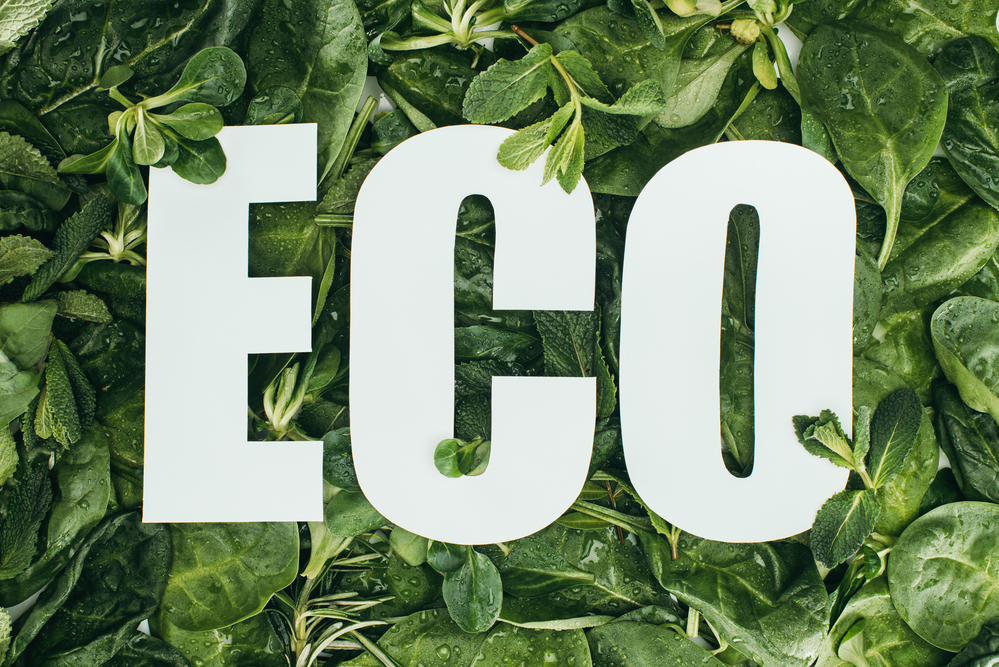
There’s no denying it anymore: climate change is accurate, and it’s happening right now. Every day, the news brings us stories of more extreme weather events and their devastating effects on communities worldwide. And yet, despite all this, some companies are still trying to greenwash their products and practices. We have a name for these deceptive moves: greenwashing.
What is Greenwashing?
In today’s society, greenwashing refers to companies or people who exploit environmental buzzwords and green marketing to appear more sustainable than they are, although they may be damaging the environment through their products or practices.
This is often done in an attempt to improve the company’s image and appeal to consumers who are interested in social responsibility. However, not all of these claims are truthful. This practice, known as greenwashing, can hurt the environment and mislead consumers.
Greenwashing is making misleading or false claims about a product’s environmental benefits. Companies use greenwashing to appeal to consumers’ environmental concerns and sustainability.
However, these claims often lack substance, evidence, or context and can mislead consumers into thinking they are making a more eco-friendly choice than they are.
Greenwashing, which refers to pollution of the natural environment by deceptive, misleading, false, or unsubstantiated claims regarding a product or service’s environmental attributes, can be challenging to detect and avoid.
Greenwashing is when a company tries to make itself look environmentally friendly when it isn’t. It’s essential to be able to spot greenwashing so you can avoid it.
However, as going green becomes more popular, knowing how to spot greenwashing is essential. In short, greenwashing occurs when companies (typically large ones) market themselves as eco-friendly or sustainable but are not offering environmentally friendly products.
For example, they might employ deceptive practices such as making unsubstantiated claims about using renewable energy and water conservation efforts.
Are companies that are greenwashing taking advantage of you?
Greenwashing describes a company or organization that makes exaggerated, misleading, or deceptive claims about their environmental practices to boost their public image.
Unfortunately, greenwashing is all too common; due to its prevalence, it has become more challenging to trust businesses and organizations genuinely thinking of the planet’s fate.
Greenwashing can take many forms, such as using vague or ambiguous terms like “natural” or “eco-friendly,” using green imagery or packaging, or making unverifiable or irrelevant claims about a product’s environmental impact.
Tons of products use the following words to market to consumers who want to support sustainable and eco-conscious businesses.
Greenwashing Buzz Words to Look Out For
- All-natural
- Natural
- Eco-friendly
- Sustainable
- Zero-Waste
- Environmentally-friendly
- Non-toxic
- Cruelty-free
- Recyclable
- Biodegradable
- 100% Organic
- Made with Natural Materials
- Made with Recycled Materials
- Compostable
How do I Spot Companies that are Greenwashing?
Recognizing greenwashing can be challenging, but there are several red flags to watch out for:
- Vague or Ambiguous Claims: Beware of products that use vague or ambiguous terms like “green,” “natural,” or “eco-friendly” without providing specific information about the product’s environmental impact.
- Green Imagery or Packaging: Don’t be swayed by products that use green imagery or packaging that suggests eco-friendliness without providing clear evidence to support those claims.
- Unsubstantiated Claims: Be wary of products that make unverifiable or irrelevant claims about their environmental impact without providing any data or evidence to support them.
- False Certifications or Labels: Look out for fake or meaningless certifications or labels that imply eco-friendliness without meeting rigorous environmental standards.

How to Avoid Greenwashing?
Avoiding greenwashing requires some research and critical thinking. Here are some tips to help you make more informed and eco-conscious choices:
- Look for Specific Claims: Look for products that provide specific information about their environmental impact, such as the amount of recycled content, carbon footprint, or water usage.
- Do Your Research: Don’t rely solely on a product’s marketing claims; research the company’s environmental track record, certifications, and reviews from independent sources.
- Look for Third-Party Certifications: Look for certifications from credible third-party organizations that assess a product’s environmental impact, such as the Forest Stewardship Council, Fair Trade Certified, or Energy Star.
- Support Sustainable Brands: Choose brands with a genuine commitment to sustainability, transparency, and accountability, and avoid those with a history of greenwashing.
- Don’t Buy Recyclable Trash Bags because they won’t be. They will end up in the landfill anyway.
- Know Your Plastics. Generally, two types (PET 1 & HDPE 2) are more often recycled. Avoid buying other plastics.
When avoiding greenwashing, you only need to remember to look for a seal of approval from a third party.
This can be as simple as an independent certification from an organic certification agency or as complicated and pricey as a multi-year audit of your company’s sustainability.
Regardless, always look for a seal of approval from an outside source before making any purchasing decisions that claim to be green.
Examples of Greenwashing
Don’t be fooled by statements that don’t make any factual claims or use vague terms. If a product or service doesn’t live up to its claims, it’s not a green product—and it’s worse than not using an eco-friendly label.
This is what we call greenwashing! Here are some examples of popular products and services that are making false claims to get your attention, even though they may harm our environment in other ways.
The Federal Trade Commission is working to end the misuse of eco-marketing terms. If your business is taking green initiatives, I recommend reviewing the Green Guides to prevent greenwashing.
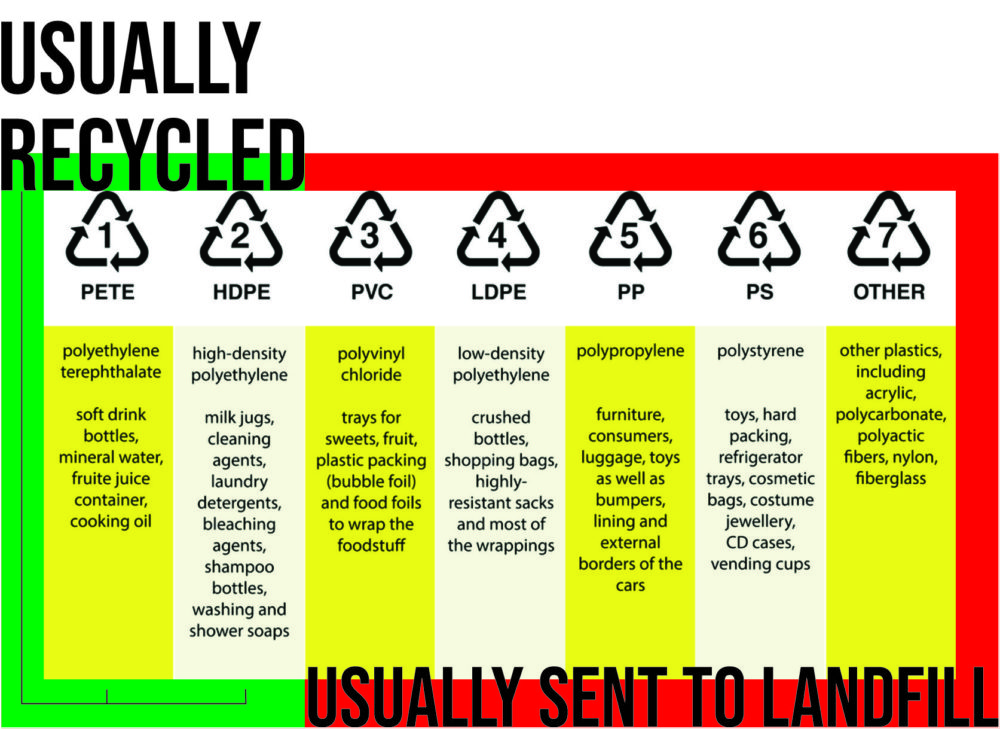
Companies Accused of Greenwashing
- BMV, Volkswagen, Chevy, & Ford (Varied Claims about Diesel engines being clean and environmentally friendly.
- Quorn Foods- unclear claim about reducing carbon footprint with its plant-based products.
- Tide, Windex, Krud Kutter, Method Brand Cleaning Products.
These well-known companies have broken trust with the terms they use in their marketing strategies.
Learn more about companies who’ve been called out on greenwashing at TINA.org.
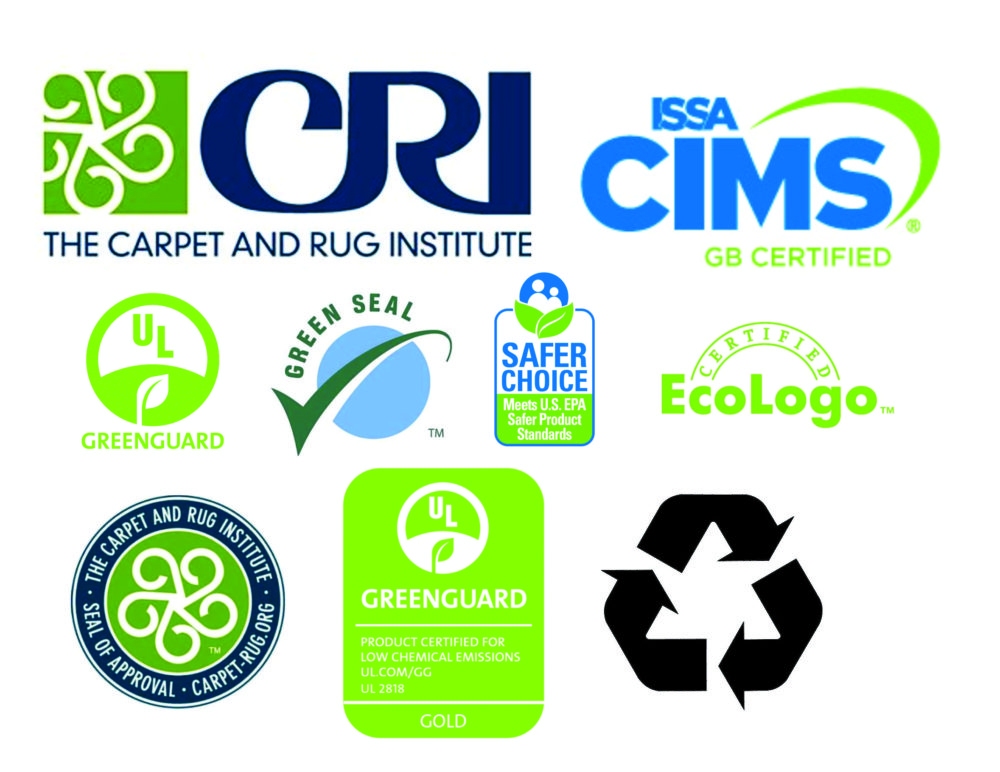
Sustainable Companies that You Can Trust
People have heard a lot about sustainable living and products, but what does it mean? What does it mean for you? How can you tell if a company sells eco-conscious or uses greenwashed marketing tactics?
First, we must know where our products come from to be responsible consumers. An excellent laundry brand is Dropps Laundry and Dish Pods. You can order in bulk for one shipment a year and reduce shipping miles.
Here are more companies that have proven their commitment to sustainability through their products:
- Patagonia
- Dr. Bronner’s
- Who Gives A Crap? Toilet Paper and Essentials
- Seventh Generation
- Thinx
- Toms
The companies listed above make it easy for us to practice sustainable living. What companies are you proud to support? Let us know in a comment below!
Live Sustainably Without Buying into Trends
Many brands advertise themselves as sustainable. Unfortunately, this marketing ploy can make it hard to differentiate companies that are producing products in an environmentally responsible way from companies that want to seem like they’re doing a great job of making products in an ecologically responsible manner.
A big red flag for greenwashing is when a company refers to its practices as sustainable without providing context for what that means or misinterprets or overstates how its product impacts consumers or the environment.
You can practice mindfulness when you shop. Start by making a list of things you need and things you want. Wait a moment before you make your purchases so that you don’t have buyer’s remorse!
Memorize those eco-certifications above so that you know which brands are trustworthy. Stop and think before you spend money with other companies. Remember that with every purchase, we vote for the kind of world we wish to live in.
Final Thoughts about Greenwashing
Greenwashing is a growing concern for consumers who want to make eco-conscious choices. However, by understanding what greenwashing is, how to spot it, and how to avoid it, you can make more informed and sustainable choices that align with your values and goals.
Understanding the types of greenwashing is crucial for both consumers and businesses. From ambiguous labels and irrelevant claims to outright lies, the shades of greenwashing are manifold. By recognizing these tactics, consumers can make more informed decisions, and companies can steer clear of such misleading practices and commit to real, impactful environmental strategies.
In the end, transparency and accountability stand as the antidotes to greenwashing. It is incumbent upon businesses to lead with integrity and for consumers to demand nothing less than veritable sustainable practices. Together, we can cultivate an environment where the green label represents authentic action and shared responsibility for our planet’s future.
Remember to look for specific claims, research, and third-party certifications, and support sustainable food brands to avoid falling for greenwashing traps.
Together, we can hold companies accountable for their environmental claims and drive real change toward a more sustainable future.
This Post Was All About Greenwashing And How To Avoid It.







